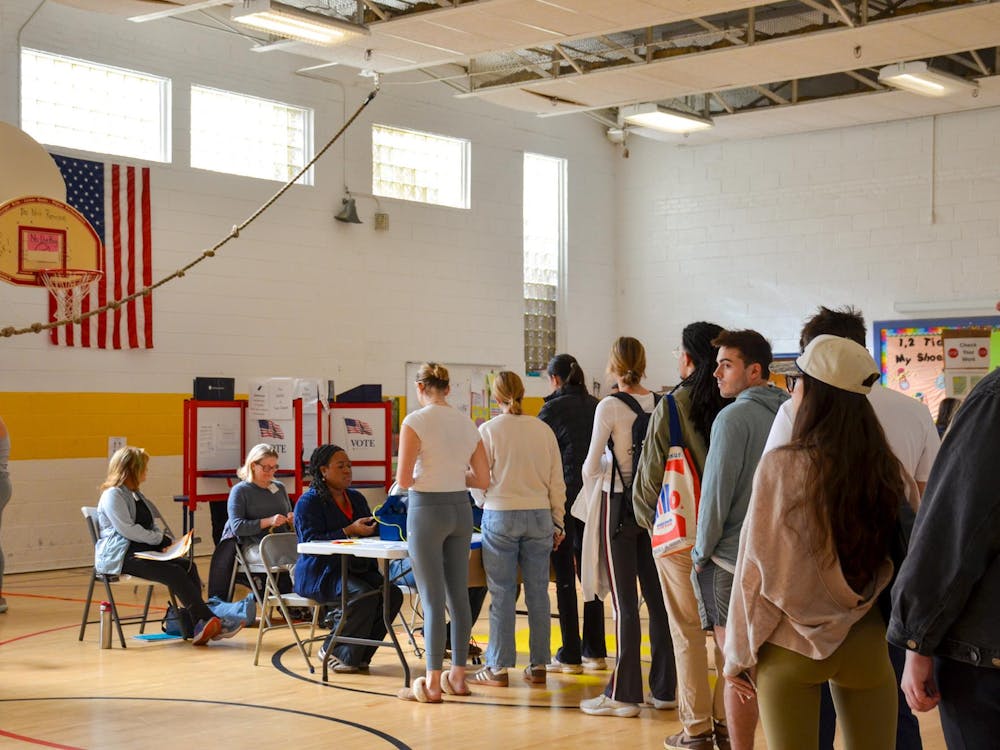Preliminary findings based on an online “implicit association” test developed by University researchers in conjunction with other higher education institutions show that “undecided voters” in the 2008 presidential election may have an “automatic preference” for candidate John McCain.
University Assoc. Psychology Prof. Brian Nosek said he, along with researchers at Harvard University and the University of Washington, recently spearheaded the development of an online implicit association test that examines the difference between peoples’ conscious and unconscious political beliefs concerning the upcoming election.
Nosek said the study centers around the belief in social psychology that peoples’ minds may unconsciously come to a decision before they do so consciously.
According to Nosek, one goal of the online test is to look at the implicit political associations of voters who have self-reported that they are “undecided” going into the upcoming election.
“This particular application is wondering if people who feel [politically] undecided actually have some residue in their mind [that shows] that they have some decision,” Nosek said. “What this study shows is that even when we feel like we are deliberating, we maybe be influenced by [past] associations in our minds.”
Nosek added that his test looks to analyze these associations with a specific focus on the 2008 election.
According to psychology graduate student Colin Smith, who works in Nosek’s implicit cognition lab at the University and also contributes to the election test research, the methodology of the implicit test consists of “good” and “bad” words and pictures alongside pictures of each candidate. The candidate that test-takers “automatically associate” with the good pictures and words is the one that they implicitly support, Smith said.
“People can take the 2008 election test to see if their unconscious reactions are similar to their unconscious beliefs,” Nosek said.
Although the complete findings of the implicit election test will not be released until after the election season, Nosek said the test has already shown some interesting findings in regards to peoples’ implicit associations about the November election.
“[Although] we don’t yet have an outcome, our data suggests that people are reporting a stronger Obama liking than they [actually have],” Nosek said.
Smith echoed Nosek’s sentiment.
“The people that are reporting that they haven’t decided [on a candidate] are self-reporting that they like Obama more, but implicitly they are showing that they like McCain more,” Smith said. “They have this automatic preference for McCain.”
Nosek said he is not sure if his findings will translate into actual results at the polls.
“It’s intriguing, at least,” Nosek noted, adding that the test “seems to relate pretty well to peoples’ self-reports and, statistically speaking, it’s the most reliable of the [five] implicit measures tests.”
The implicit association test will be kept online after the election, Nosek said, in order to see if the results of the election have an impact on people’s unperceived biases revealed during testing.






